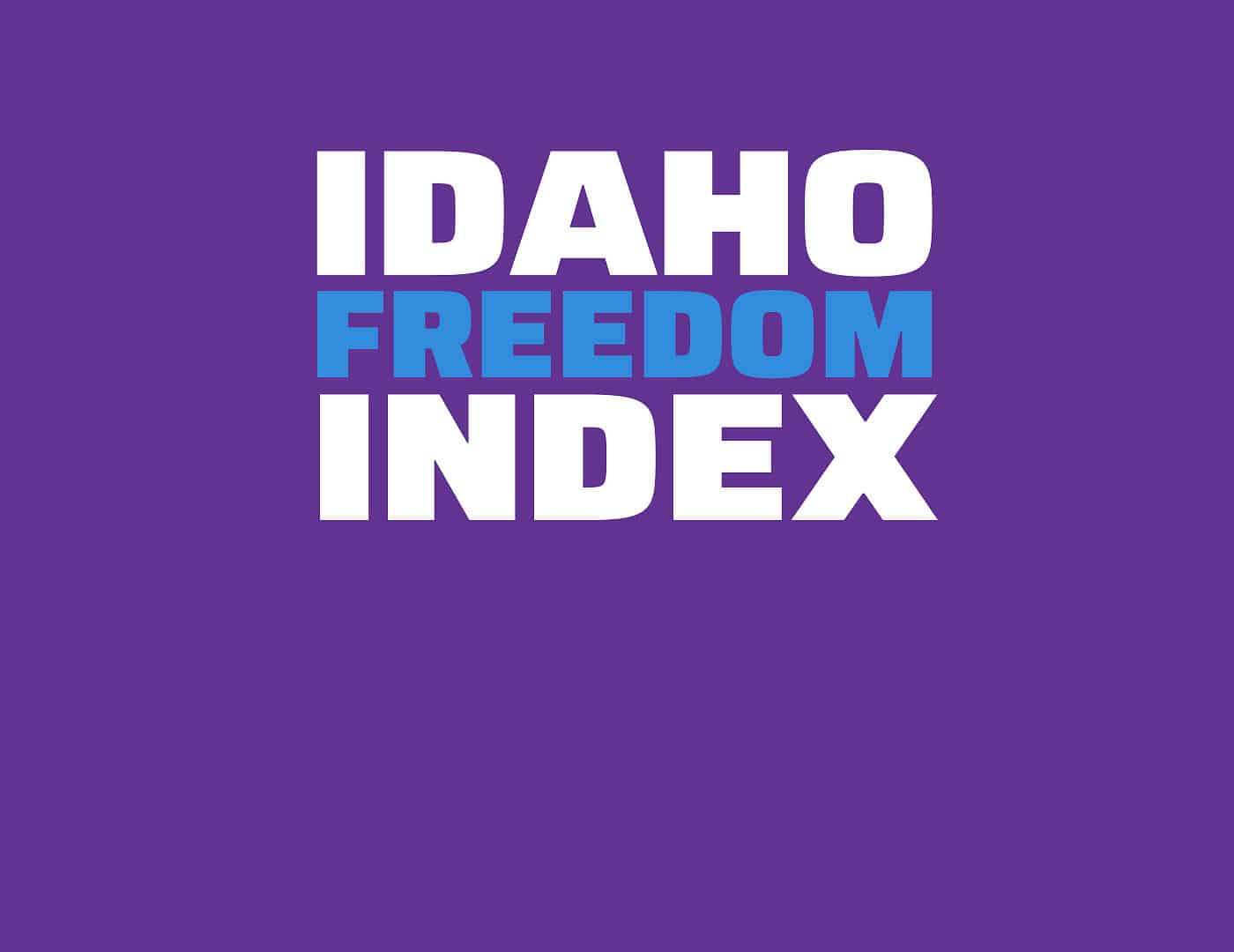


Bill Description: Senate Bill 1185 would change the filing deadline for candidates seeking to run in primary elections, from March to January.
Rating: -2
Does it in any way restrict public access to information related to government activity or otherwise compromise government transparency, accountability, or election integrity? Conversely, does it increase public access to information related to government activity or increase government transparency, accountability, or election integrity?
Senate Bill 1185 would amend Section 34-704, Idaho Code, to move the primary candidate filing date to much earlier in the year.
Current law sets the filing period from "between 8:00 a.m. on the twelfth Monday preceding the primary election and 5:00 p.m. on the tenth Friday preceding the primary election." This puts the filing deadline in mid-March, near the end of the legislative session.
Senate Bill 1185 would move the filing deadline to "the last Friday in January preceding the primary election." This would move the date to just a few weeks after the legislative session begins.
This change would make it much harder for citizens who observe questionable behavior from elected officials during the legislative session to run against them, which means this change would stack the deck in favor of incumbents and against challengers.
Additionally, moving the filing deadline earlier would effectively lengthen the campaign season, which also benefits incumbents or wealthy challengers who have the resources to fund more protracted campaigns.
Running against incumbents is one of the primary checks on government overreach and one of the tools citizens have to hold lawmakers and other elected officials accountable. This accountability is significantly diminished by moving the primary election filing date early in the year, before voters have had a chance to take stock of how their legislators and other elected officials act during session.
(-1)
Does it violate the spirit or the letter of either the U.S. Constitution or the Idaho Constitution? Examples include restrictions on speech, public assembly, the press, privacy, private property, or firearms. Conversely, does it restore or uphold the protections guaranteed in the U.S. Constitution or the Idaho Constitution?
A recent amendment to the Idaho Constitution formally affirmed what has long been understood — that Idaho is governed by "a part-time, citizen legislature." Inherent in this idea is the freedom of nearly any Idahoan who can vote to seek office. The only requirements are based on age, citizenship, and residency.
Senate Bill 1185 cuts against the spirit of a citizen legislature by taking away the option for people to observe the voting behavior of lawmakers during the legislative session and then make the decision to run against them in the upcoming primary election.
While the point about accountability discussed above applies broadly to elected officials across the spectrum (as many play a role in the legislative session), this point is specifically about how Idaho's citizen legislature is designed to function and how Senate Bill 1185 compromises that ideal.
(-1)


